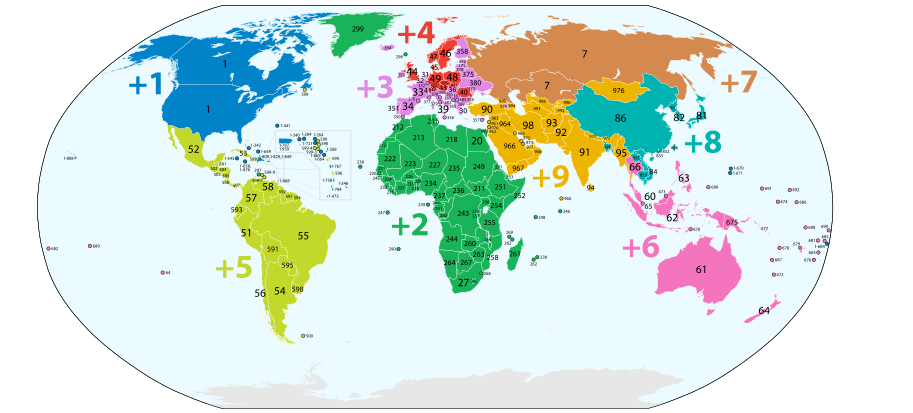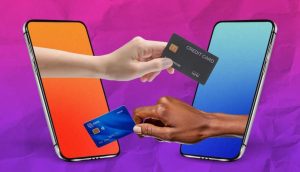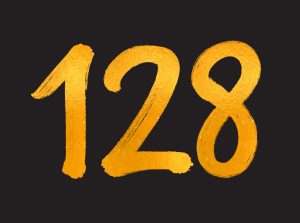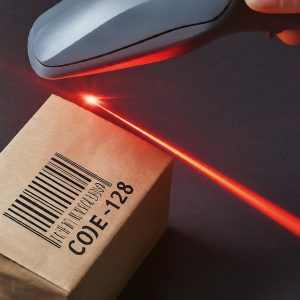In today’s interconnected world, international communication has become an integral part of our lives. Whether it’s connecting with loved ones abroad, conducting business across borders, or simply exploring new cultures, the ability to make international calls is essential. The key to unlocking this global network lies in understanding country codes.
What is a Country Code?
A country code, also known as an international dialing code, is a numerical prefix that is added before a telephone number to identify the country from which the call is being made. Each country is assigned a unique country code by the International Telecommunication Union (ITU). These codes typically range from one to three digits and are essential for routing international calls to the correct destination.
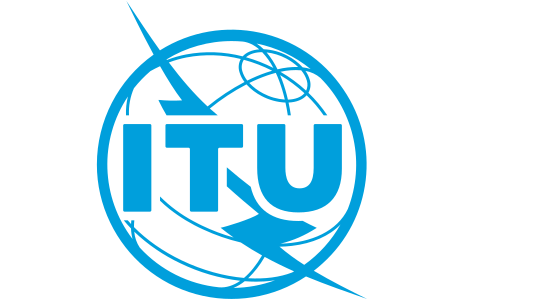
International Telecommunication Union (ITU) logo
How to Use Country Codes
When making an international call, you need to dial the following:
- + (the international access prefix)
- Country code (e.g., 1 for the United States, 44 for the United Kingdom)
- Area code (if applicable)
- Local phone number
For example, to call a number in the United States with the area code 212 and the local phone number 555-1212, you would dial +1 212 555 1212.
Why are Country Codes Important?
Country codes play a crucial role in the global telecommunications network. They ensure that calls are routed correctly to the intended destination, regardless of the caller’s location. Without country codes, it would be impossible to make international calls, as the telephone system would not know where to direct the call.
Finding Country Codes
There are several ways to find a country code. The ITU maintains a comprehensive list of all country codes on its website. You can also use online directories or search engines to look up country codes by country name or phone number.
The Future of Country Codes
As technology continues to advance, the way we communicate is constantly evolving. However, country codes will remain an essential part of the global telecommunications network for the foreseeable future. They are a fundamental building block of international communication, enabling us to connect with people and businesses all over the world.
